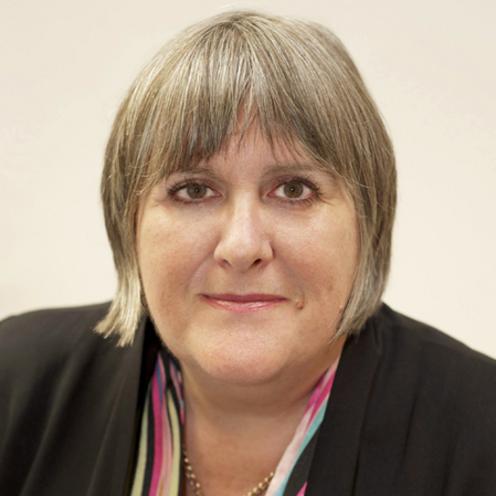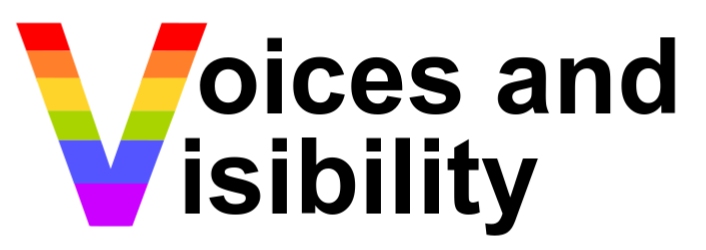Lisa Power

1989
Founder member
Stonewall
Learn a little, live a lot more. Challenge ignorance where you find it. Lisa Power
Lisa Power is a sexual health and LGBT rights campaigner. She came out at university in Lancaster in the 1970s. She was demonstrating against the sacking by of a gay man by British Home Stores. She moved to London where she worked on the LGBT+ helpline ‘Switchboard’, for fourteen years. She was an early Secretary General of the International Lesbian & Gay Association (ILGA). Representing ILGA she was the first openly LGBT+ person to speak on gay rights at the United Nations (UN). Power has spent thirty years supporting the fight against HIV. She became Policy Director at Terrence Higgins Trust in 1987. At the same time she supported the campaign to stop Section 28.
When the campaign failed the actor Ian McKellen and a group of gay male friends decided to take action. They did not want something like Section 28 to happen again. They invited Power and others to join the group. Over the next few months they met almost every night, often around Power’s kitchen table. It was there the name Stonewall was chosen. Power wanted the name to keep the organisation connected to the roots of the lesbian and gay movement.
Stonewall was founded on the 24th May 1989. It was exactly one year after Section 28 came into force. Stonewall was a small organising group, not a mass movement. It included people from different political groups. Stonewall’s focus was on a legal and parliamentary lobbying service on lesbian and gay issues. One of the group worked in the office of the leader of the House of Lords. He was a well-connected Conservative. He taught the group about how to get access to Members of Parliament and influence them.
Some Stonewall policies were unpopular with other LGBT+ groups. Their early campaign for the right to serve in the armed services was criticised, Stonewall argued for the need for equality in all employment. They met people in government and the armed services who had never been approached before. The leaders did not know about the issues or understand them. Stonewall’s use of celebrities was also criticised. Stonewall knew that celebrities had important contacts. Successful fundraising galas supported the work. American activism showed that different campaign groups all play a part in achieving equality, whether they are groups of citizens, rebels or reformers.
There were lots of arguments within Stonewall as well, but the members stuck together. Power is proud that they continued. She says that ‘history is made to be interfered with’. She worked with Stonewall for four years. In 2018 she, along with other founders, were presented with a Lifetime Achievement Award from Pink News.
Power continues to write and speak regularly on sexual health and LGBT+ policy issues. Her book on the history of the Gay Liberation Front ‘No Bath But Plenty of Bubbles’ is a key text for modern British LGBT+ history. She is one of Virago’s ‘Fifty Shades Of Feminism’. Power currently lives in Cardiff and says she continues to interfere in things.
